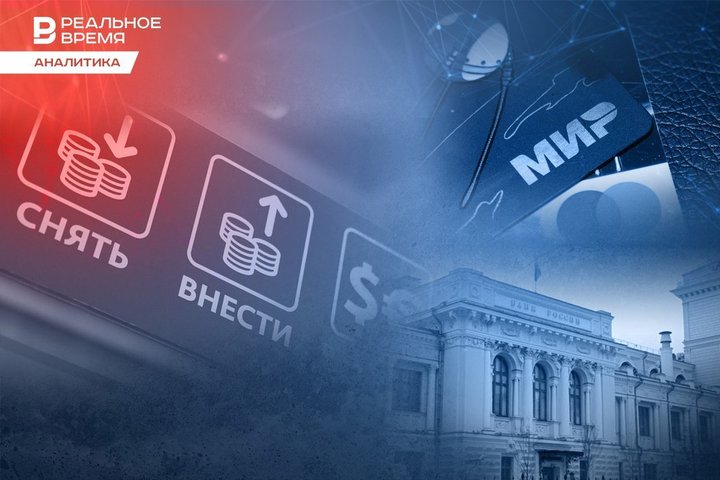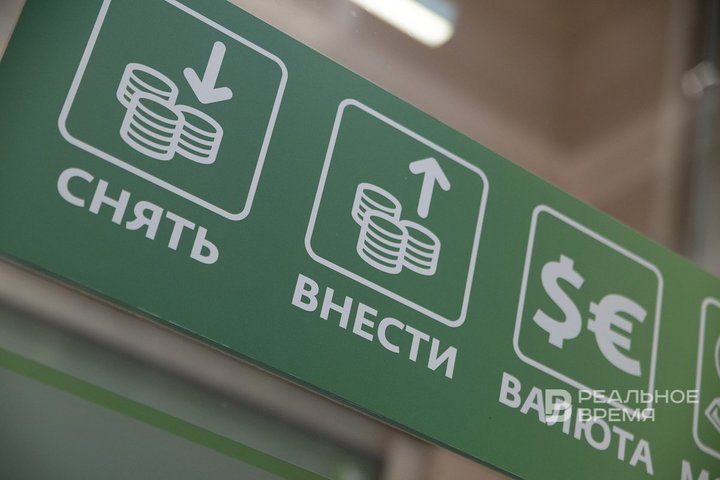Fraudulent transactions to be stopped: banks will check dubious transfers in a new way
The volume of money transfers without customers’ consent grew by 11.5% in 2023

The life of telephone scammers in Russia is becoming more difficult. From today, banks will begin to more carefully check all money transfers and freeze particularly suspicious transactions. During this time, victims of “social engineers” will have time to come to their senses and cancel the transfer of millions of rubles to an unknown person. If the bank loses its vigilance and transfers money to a questionable account, it will have to reimburse the affected customer for all the money lost. The analytic staff of Realnoe Vremya found out if all victims of attackers will be able to count on compensation and how not to become an accomplice in crimes.
30 days to return stolen money
On 25 July, amendments to the law On the National Payment System developed by deputies last summer come into force. From now on, before transferring money, banks will have to check the recipient’s card or account number and make sure that they are not in a special database of banking details that have already been detected in fraudulent schemes, the press service of the National Bank of the Republic of Tatarstan explained to Realnoe Vremya.

“This database is run by the Bank of Russia, and information from it is sent to all banks. The database itself is based on information about transactions and attempts to carry them out without the consent of clients, which comes from banks and other participants in information exchange,” explains the Central Bank. “If the bank does not check and immediately sends money to the account from this database, it will have to return the entire amount to the client. The refund period is up to 30 calendar days from the moment the victim submits an application to the bank.”
The compensation mechanism does not include situations in which a person voluntarily transfers money to scammers. The innovations will only affect the theft of funds without the involvement of the client, that is to say, situations when he did not give fraudsters access to his money: he did not provide card details, codes from SMS, login or password.
Doubtful translations will be frozen for two days
The verification mechanism is simple. When a person sends money to a suspicious account, the bank is obliged to suspend the operation for two days and notify the client that the money is being sent to the account of fraudsters, the National Bank of the Republic of Tatarstan explains. During this time, the sender gets the opportunity to think things over and decline the transfer.
However, if despite the warning the client still insists on the operation or simply does not react, after this two-day “cooling period” is over, the bank will make the transfer but will no longer bear financial responsibility, since it has taken measures to protect the client, the National Bank of the Republic of Tajikistan emphasises.

The new law also obliges banks to disable access to remote services for droppers — people whose bank cards are used to withdraw and cash out stolen money if information about them was received from the Russian Ministry of Internal Affairs.
Blocking means that a person will not be able to pay with any of his bank cards and withdraw money from it at an ATM,or use mobile or online banking. They will be able to receive funds from their account only directly at a bank branch by presenting a passport, warns the press service of the National Bank of the Republic of Tatarstan.
The regulator asks Russians to be more vigilant and not to believe in promises of easy and quick income when looking for work, especially if the potential employer does not require education, special knowledge and experience. “Do not agree to use personal accounts to send money, do not give the card to strangers and do not give them access to your online banking. An employer who complies with the law will never ask for this,” explains the National Bank of the Republic of Tatarstan. “Do not send money that came to you by mistake anywhere. Contact your bank and ask for a return transfer using the sender’s details.”
Fraudsters can use children in their “chains”, because today a bank card can be issued from the age of 14, the National Bank notes: “It is important, first of all, to warn schoolchildren and students about the risks and possible consequences of providing a card and information to access their online account to strangers.”
In 2023, banks returned only 8.7% of all transactions made without consent to customers

The problem, as the expert notes, is pressing — the volume of transfers without the consent of clients is growing. In 2023, the volume of transactions without customer consent increased by 11.48% compared to 2022, against the backdrop of a similar increase in the volume of money transfers using cards (+10.54%, to 136.38 trillion rubles). At the same time, the share of transactions without the consent of clients in the total volume of money transfer transactions amounted to 0.00119% versus 0.00097% in 2022.
In 2023, banks returned to clients 8.7% (1.3 billion rubles) of the total volume of money transfer transactions carried out without the consent of clients.
Since 2023, credit institutions have been sending information about prevented thefts of funds to the Bank of Russia. In 2023, the volume of prevented transactions without customer consent amounted to 5.8 trillion rubles. Thanks to anti-fraud procedures, attackers were unable to commit 34.77 million fraudulent transactions.
In 2023, the Bank of Russia sent telecom operators 575,669 phone numbers used to steal citizens’ money.
However, Osadchiy does not expect that the law will lead to a decisive turnaround and a dramatic reduction in fraudulent transactions: “Criminals are actively adapting to innovations; they will use, for example, phone numbers that are not on blacklists.”

“Public trials and impressive prison sentences for fraudsters would be what could really turn the situation around,” he believes. “But we don’t see such trials in cases of ‘social engineers’.”
“There are cases when a person is forced to withdraw money and transfer it in cash, usually to a figurehead. I would like to see high-profile trials against these dummies as well. The absence of even such processes is surprising. Moreover, it is not difficult to catch scammers, as they say, ‘with live bait’ because many Russians receive calls from these scammers sometimes several times a month,” says Osadchiy.
New measures will also slow down completely legal transactions
Chief economist of Expert RA, Associate Professor of the Faculty of Economics at Moscow State University Anton Tabakh believes that the new law, of course, will help in the fight against scammers, but one should not expect that grace will immediately begin and scammers will disappear.

“If people fall under the influence of scammers, then here we can somewhat slow down the processes of transferring money, giving them time to get out from under the zombie. But if restrictions are introduced too zealously, there is a risk that the new measures will interfere more with completely legitimate transactions than with criminals,” the expert sums up.